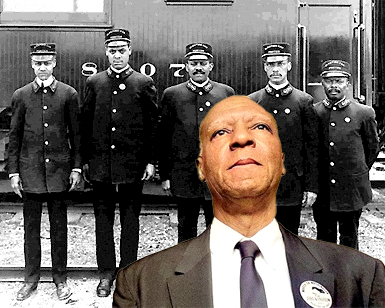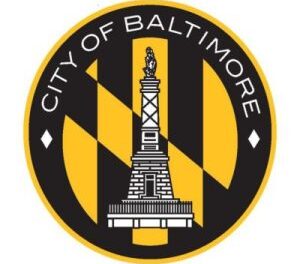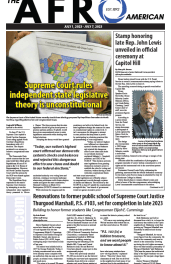SPEAKIN’ OUT NEWS
Throughout American history, Black workers have played a critical role in building the nation’s economy, yet they have often faced discrimination, exclusion, and exploitation in the workforce. The rise of Black labor unions was a direct response to these injustices, fostering a movement that would not only improve working conditions but also lay the foundation for future civil rights advancements.
Early Struggles and the Fight for Inclusion
During the late 19th and early 20th centuries, many mainstream labor unions, including the American Federation of Labor (AFL), excluded Black workers from membership. This exclusion forced Black workers to form their own organizations to fight for fair wages, job security, and improved working conditions.
One of the earliest Black labor organizations was the Colored National Labor Union (CNLU), founded in 1869 by Isaac Myers, a Black ship caulker and labor leader. The CNLU sought to unify Black workers and advocate for labor rights, but it faced immense challenges due to racial segregation and lack of political support.
Key Black Labor Unions and Their Impact
As the labor movement evolved, Black workers continued organizing and forming unions to address their unique struggles. Some of the most influential Black-led labor unions include:
- The Brotherhood of Sleeping Car Porters (BSCP): Founded in 1925 by A. Philip Randolph, the BSCP was the first Black union to receive a charter under the AFL. The porters, who worked long hours with little pay on railroad cars, fought for better wages and conditions. Their success in 1937, when they secured a contract with the Pullman Company, marked a historic victory for Black labor rights.
A. Philip Randolph was a visionary labor leader and civil rights activist whose efforts extended beyond the labor movement. His leadership in the BSCP demonstrated his ability to unite Black workers in the face of racial and economic oppression. Randolph was also instrumental in pressuring President Franklin D. Roosevelt to issue Executive Order 8802 in 1941, which banned discrimination in defense industry jobs and laid the groundwork for future civil rights policies. Later, in 1963, he co-organized the March on Washington for Jobs and Freedom, further cementing his role as a key figure in the fight for racial and economic justice.
- The National Negro Labor Council (NNLC): Established in 1951, this organization worked to unite Black workers across industries to challenge job discrimination and unfair labor practices. The NNLC played a key role in linking the labor movement with the larger Civil Rights Movement.
- The Coalition of Black Trade Unionists (CBTU): Founded in 1972, the CBTU sought to increase Black representation in major labor unions and influence labor policy in favor of Black workers.
The Civil Rights Movement and Labor Unions
The struggle for Black labor rights and the Civil Rights Movement were deeply intertwined. Many Black labor leaders, including A. Philip Randolph and Bayard Rustin, played crucial roles in organizing protests, marches, and advocacy efforts. The 1963 March on Washington for Jobs and Freedom, where Dr. Martin Luther King Jr. delivered his famous “I Have a Dream” speech, was heavily supported by labor unions demanding economic justice alongside racial equality.
Black Labor Unions Today
While significant progress has been made, Black workers continue to face wage disparities, job discrimination, and underrepresentation in leadership positions within labor organizations. Modern-day Black labor groups, such as the Black Workers Center (BWC) Network, continue the legacy of advocacy, pushing for fair wages, equitable workplace policies, and stronger worker protections.
In Alabama, while there are no unions exclusively for Black workers today, African American workers continue to play a pivotal role in the state’s labor movement. Historically, Birmingham’s labor unions, such as the United Mine Workers (UMW), helped establish a Black middle class by organizing Black and white miners to fight for fair wages and working conditions. More recently, unionization efforts at the Amazon warehouse in Bessemer have gained national attention, as the predominantly Black workforce advocates for dignity, racial justice, and improved labor rights. These efforts reflect the ongoing struggles and contributions of Black workers in shaping Alabama’s labor landscape.
Conclusion
The rise of Black labor unions in America is a testament to the resilience, determination, and unity of Black workers who refused to be silenced or sidelined. Their struggles and victories not only shaped labor rights in America but also fueled the broader fight for racial and economic justice. As we celebrate Black History Month, we honor the legacy of Black labor unions and recognize their enduring impact on the American workforce.











